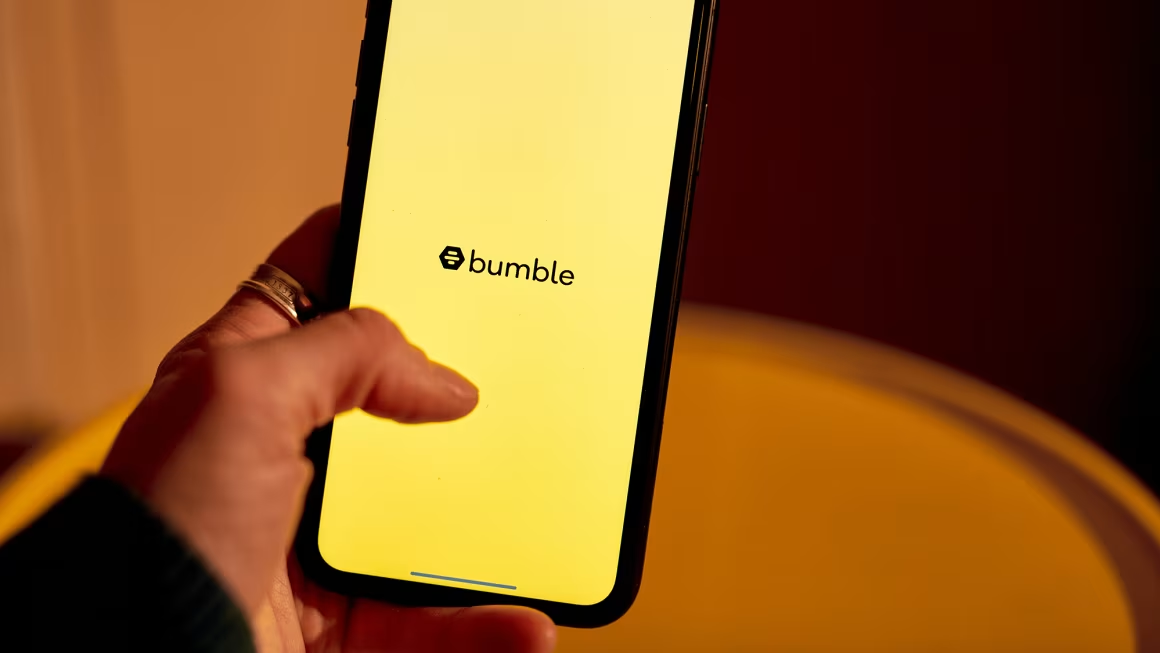
There’s a common (and outdated) myth in the dating world:
That love has an expiration date.
At The Crush Confidential, we work with incredible singles in their 40s, 50s, and beyond—many of whom are just now entering the best season of their dating lives. They’re not “starting over.” They’re starting from experience, clarity, and confidence.
If you’re navigating love in this chapter, here’s why you’re in a far more powerful position than you might realize:
1. You Know Who You Are (and What You’re Not Willing to Compromise On)
Gone are the days of shapeshifting to fit someone else’s idea of “perfect.” You’ve lived, you’ve learned, and you’re clear on your values. That clarity isn’t a limitation—it’s your greatest advantage. You’re not here to convince someone to like you; you’re here to find someone who naturally aligns.
2. You’re Dating with Intention, Not Impulse
You’ve had the experiences that helped you refine what you want—and what you don’t. There’s no need to rush or settle. You’re not dating to fill space; you’re dating to build meaningful connection. That mindset attracts people who are on the same wavelength.
3. Your Life is Already Full—You’re Looking for Someone to Complement It, Not Complete It
Whether you’re focused on your career, raising kids, or enjoying an empty nest, you’re not dating from a place of “lack.” You’re looking for a partner to share a rich, already-fulfilling life with. That kind of groundedness creates healthier, more balanced relationships.
4. You’re Less Tolerant of Games and More Open to Genuine Connection
At this stage, you have zero interest in wasting time with people who play games or aren’t clear about their intentions. And that’s refreshing. You’re open—but not desperate. You’re selective—but not closed off. It’s a balance many people don’t find until their 40s and beyond.
5. You’re Not Afraid to Expand Your Horizons
In your 20s and 30s, location and logistics might have dictated your dating pool. But now? You’re more open to finding love beyond your city, your social circles, or even your state. You know that when lifestyle alignment and values click, geography can be flexible.
6. You’re Emotionally Stronger—But You Still Believe in Love
Perhaps the most empowering thing about dating in your 40s+ is that you’ve weathered life’s storms, but you haven’t let them close your heart. You’re resilient. You know what heartbreak feels like—but you also know that real, lasting love is worth staying open for.







